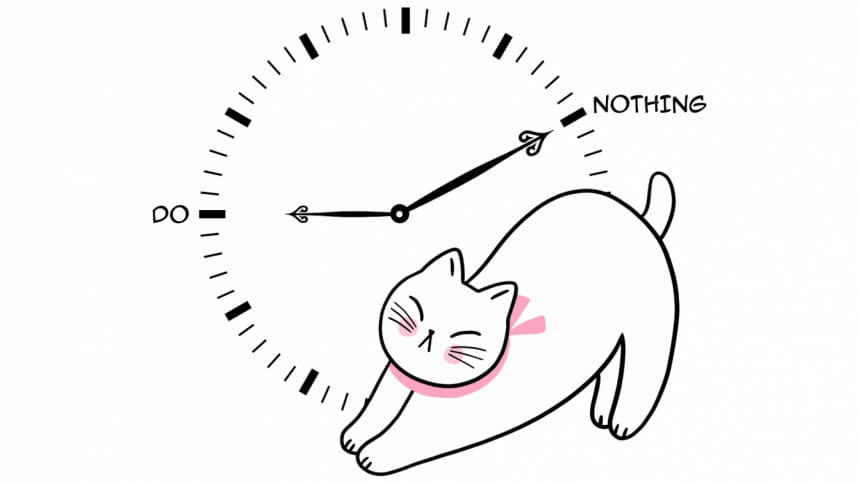Leisure time is not wasted time

Have you ever felt guilty for not being productive enough? Maybe you went out with your friends or just slept in the entire day. Perhaps you just wanted a day off. Whenever this happens to me, I can't help but feel the shackles of capitalism tugging on me to work more. And it gets very difficult to not feel like I've just wasted my time doing all these things that I love, discouraging me from doing them again. But is this a healthy way to live? And does leisure time always equate to wasted time? I don't think so, and here's why.
Firstly, resting is an integral part of productivity. Our bodies and minds are not meant to constantly function in work mode. Taking off days is just as important as days where you work all day because the former fuels you and re-energises you for the latter. If you're working constantly without a break, you'll be too spent to provide the best output in whatever you're doing. Not to mention, your body will not be able to take it, causing seemingly unprecedented illnesses. As a result, your work will be sub-par, which may lead to you working more, scrapping the entire project, or even missing out on opportunities.
Furthermore, even if someone were to discard the idea that leisure can be productive, is labour the entire point of life? Are we meant to toil away every day trying to climb up our career ladders with no regard for the things we actually enjoy? These are becoming increasingly relevant questions today as there's a push now to monetise even our hobbies. While there is nothing wrong with earning money from something you enjoy, creating pressure for people to do the same is not the way to go, as often it can suck the enjoyment out of the hobby and reinforce the idea that if it's not making money, it's not worth doing.
Hustle culture has normalised such ideas, lauding the benefits that an intense work environment brings. Many point towards the immense economic success of countries such as South Korea and Japan, owing much of it to their extreme work culture. However, despite the benefits this has brought, it has also led to a myriad of issues, such as high suicide rates, mass social seclusion, and alarming mental health conditions among civilians. The flowery picture painted by hustle culture enthusiasts is not what it seems to be, and this toxic obsession over working hard is bound to bring forth many such hidden detriments.
We need to stop denigrating leisure as a waste of time or something to feel guilty about. It is an important aspect of a healthy life, both physically and mentally, one that will not only increase our enjoyment of life but also improve our productivity. Therefore, we should instead treat it as a complement to working and not as a substitute to it, so that we can all achieve our ideal work-life balance.

 For all latest news, follow The Daily Star's Google News channel.
For all latest news, follow The Daily Star's Google News channel. 









Comments